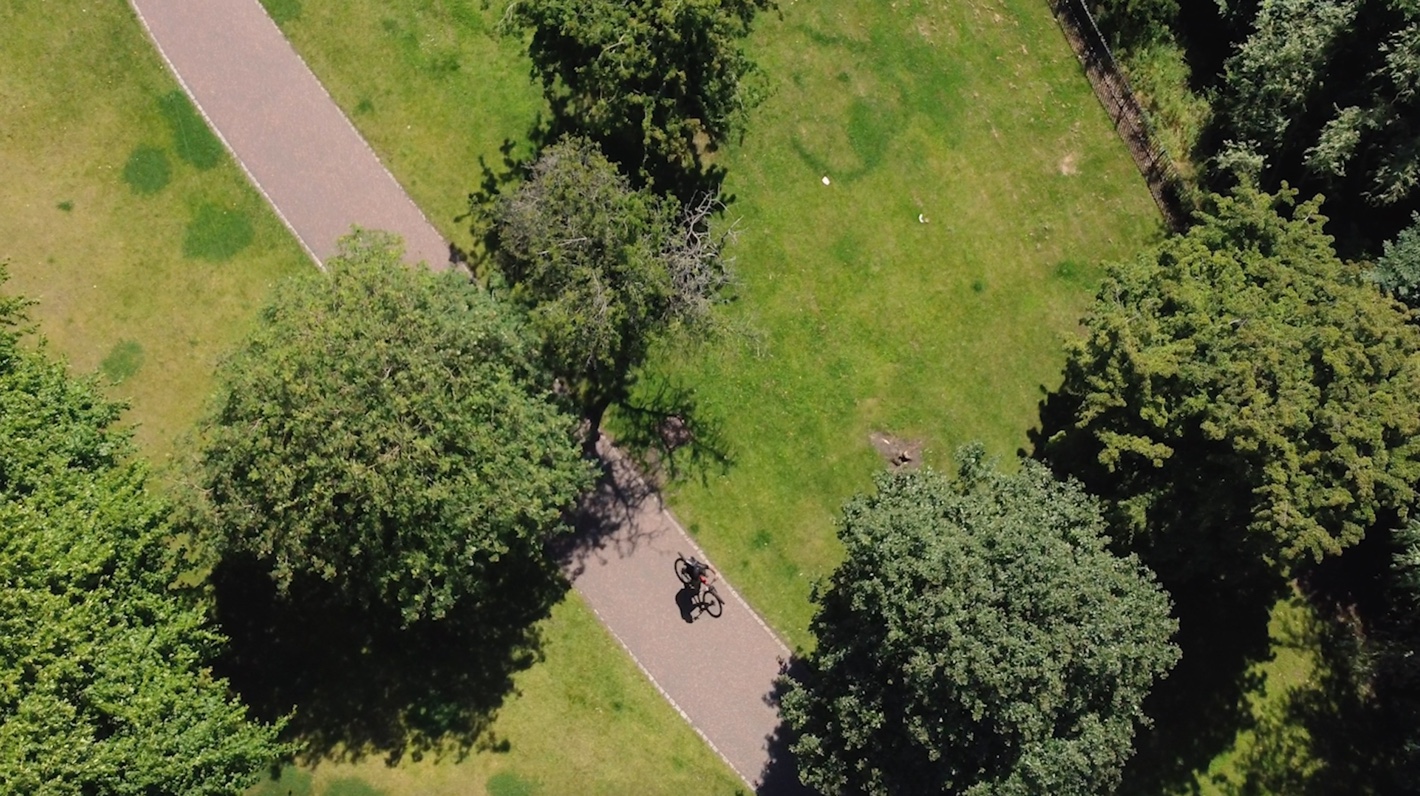
Ecological Equity, Sharing the Stories, Reclaiming our Rights
“When policy makers see the forest, they don’t see people,” says Nnimmo Bassey, Chairman of Friends of the Earth International as he opens the conference on Forests, Biodiversity and Indigenous People in Penang, Malaysia.
I’m here representing Friends of the Earth Scotland at Friends of the Earth International’s Bi-Annual General Meeting (BGM). It is inspiring to meet Friends of the Earth groups from
across the world, ranging from East Timor, Palestine and Mexico, to Uganda, USA and Chile. Before the BGM business begins, we’re here to listen to the stories of the communities that Friends of the Earth International represents and fights for, for this is an organisation that has standing up for people’s rights to defend their environment at its core. For countries in the South, standing up for your environment means defending your livelihood, your right to survive, to feed your family and to stay on the land that has always belonged to your ancestors.
Nnimmo continues by saying “A forest is a living organism. Therefore a plantation can never be forest!” As I listen to community testimonies, a distinct pattern emerges which is repeated across the many countries that we here about. Foreign companies. Governments selling land that indigenous people are based on. Logging. Deforestation. Natural habitats being destroyed, making way for plantations producing palm oil and other resources needed by the North. At its core: money. Some people are getting very rich, while the communities that have maintained the land for decades, and sometimes centuries, remain poor, often expelled from their homes to make way for new developments. “In the rush for development, indigenous people have been forgotten,” says Tijah Yok Chopil, from the Village Network of Peninsular Malaysia.
Winifred Nyirahabineza, nicknamed ‘The Voice of the Voiceless’ by her local community in Uganda, describes how an island that was previously a community of fishermen and farmers has been taken over by palm oil, which will deny the local people of food in the long run as their land is used up. The communities were not consulted on the project, and were promised employment, schools, money, hospitals and electricity.
Since 2004, one health centre has been built and the community is not allowed to access it. Only plantation workers are allowed. There are no schools, just one nursery accessible by the children of the plantation workers. The only roads that have been built lead to the plantation. Access is restricted, and if community members want to use it they have to gain permission. Community resources such as wells and sand for building have been taken over by the project. Chemicals are now leaking into the wells.
Friends of the Earth International’s slogan is Mobilise – Resist – Transform. This Ugandan community has spoken out, even though doing so puts them at risk of being labelled anti-government.
However, there is some good news to this story. Following a demonstration in 2008, the President of Uganda ordered palm oil plantations to the uprooted from 56 hectares of land.
There’s another problem, though. The communities now depend on palm oil for a living. If they are not going to give away land for palm oil plantations, there is currently no alternative project.
Winifred ends with a plea to the audience. “Be my voice wherever you go.”
